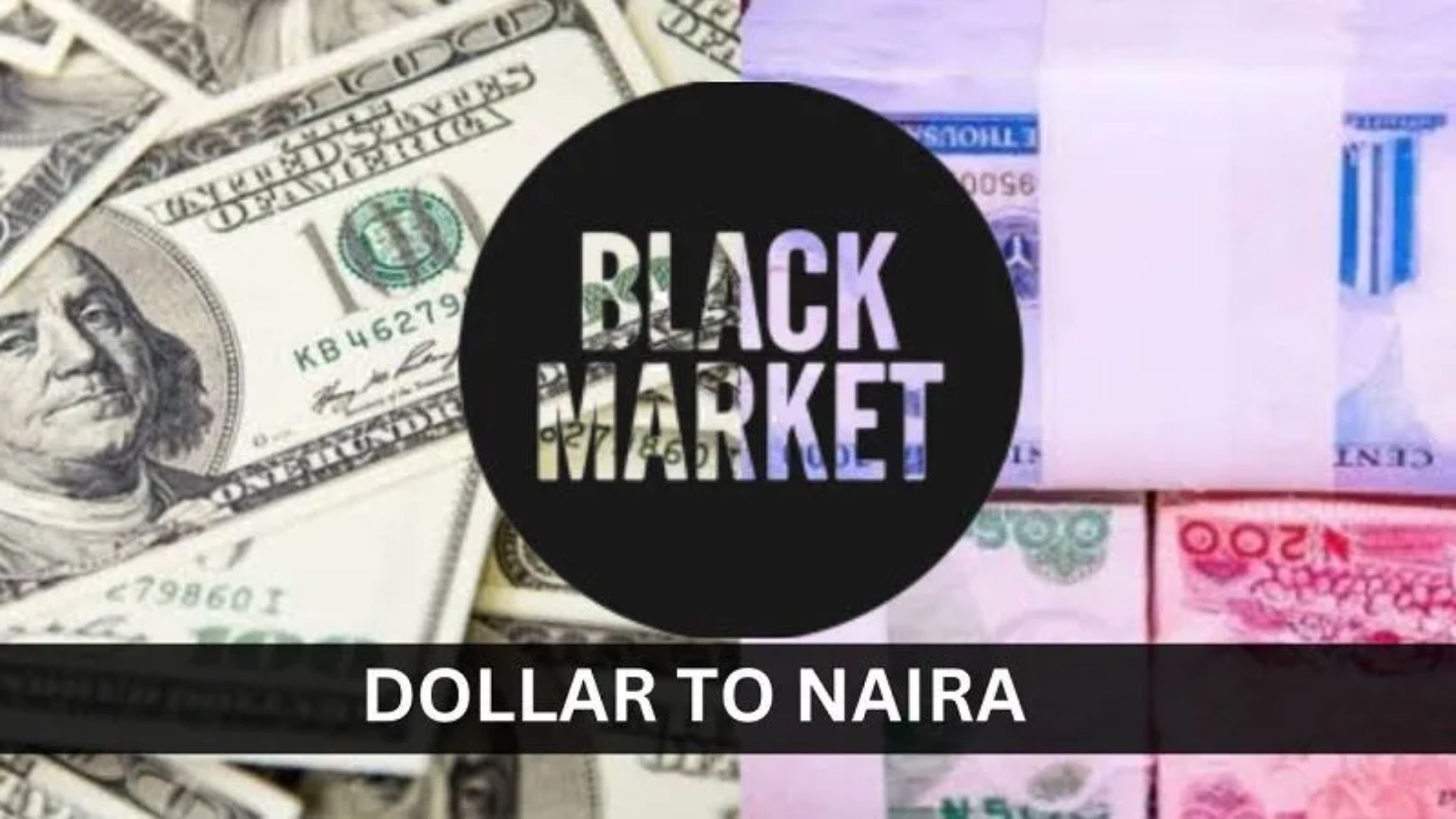In the world of fintech, where innovation and trust are paramount, the recent Flutterwave scandal has sent shockwaves through the industry. This event, which unfolded in [month, year], has raised important questions about transparency, security, and accountability within the financial technology sector.
Also Read: Progress Learning: Unleashing Your Full Potential
The Genesis of the Controversy
Flutterwave, a prominent African fintech company, gained widespread recognition for its efforts to revolutionize digital payments across the continent. With a solid track record and a strong user base, the company was regarded as a beacon of progress in a region where financial inclusion has long been a challenge.
However, the controversy began when allegations surfaced suggesting that Flutterwave had been involved in dubious financial transactions, possibly linked to money laundering and other illicit activities. These claims cast a shadow over the company’s reputation and sent shockwaves through the fintech community.
The Allegations and Investigations
The allegations against Flutterwave primarily centered around a series of suspicious transactions that reportedly took place over a span of several months. While specific details remain largely undisclosed due to ongoing investigations, it is believed that the company’s systems were potentially exploited by nefarious actors to facilitate illicit financial activities.
In response to these allegations, regulatory bodies and law enforcement agencies swiftly launched investigations into Flutterwave’s operations. This included a comprehensive review of the company’s internal controls, compliance measures, and transaction monitoring protocols.
Flutterwave’s Response
In the wake of the scandal, Flutterwave was quick to acknowledge the seriousness of the allegations and pledged full cooperation with the ongoing investigations. The company immediately implemented enhanced security measures and undertook a rigorous internal audit to identify and rectify any vulnerabilities within their systems.
Furthermore, Flutterwave committed to working closely with regulatory authorities to ensure that all necessary steps were taken to address any potential lapses in compliance. This included the appointment of independent auditors to conduct a thorough review of their operations and internal controls.
Implications for the Fintech Industry
The Flutterwave scandal serves as a stark reminder of the challenges that arise as fintech companies strive to balance innovation and security. While these firms play a crucial role in driving financial inclusion and technological advancement, they must also be held to the highest standards of transparency and accountability.
Regulators, policymakers, and industry stakeholders are now faced with the task of reevaluating the regulatory framework surrounding fintech companies. This includes assessing the adequacy of existing compliance standards and exploring the need for additional oversight to prevent similar incidents in the future.
Restoring Trust and Moving Forward
As the investigations into Flutterwave’s operations continue, the company has an arduous task ahead in regaining the trust of its users and the wider fintech community. Transparency, open communication, and a demonstrated commitment to robust compliance will be paramount in this process.
The Flutterwave scandal serves as a cautionary tale for the entire fintech industry, emphasizing the critical importance of maintaining the highest ethical and operational standards. Moving forward, it is imperative that both companies and regulators work hand in hand to ensure that the fintech sector continues to drive positive change while upholding the integrity of the financial system.
In conclusion, the Flutterwave scandal stands as a pivotal moment in the evolution of the fintech industry. It underscores the need for unwavering vigilance in the face of rapid technological advancement and highlights the collective responsibility of stakeholders to safeguard the integrity of the financial ecosystem. Through concerted efforts and a renewed commitment to transparency, the industry can emerge from this incident stronger and more resilient than ever before.

























